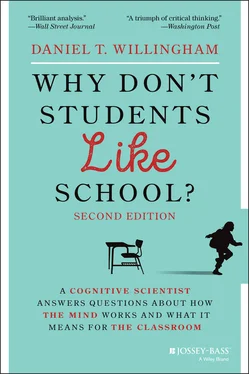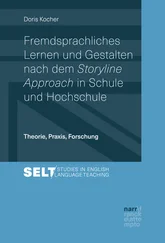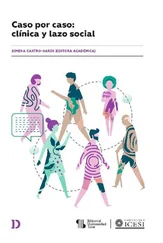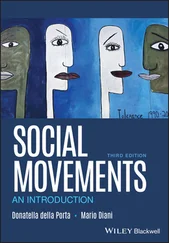Daniel T. Willingham - Why Don't Students Like School?
Здесь есть возможность читать онлайн «Daniel T. Willingham - Why Don't Students Like School?» — ознакомительный отрывок электронной книги совершенно бесплатно, а после прочтения отрывка купить полную версию. В некоторых случаях можно слушать аудио, скачать через торрент в формате fb2 и присутствует краткое содержание. Жанр: unrecognised, на английском языке. Описание произведения, (предисловие) а так же отзывы посетителей доступны на портале библиотеки ЛибКат.
- Название:Why Don't Students Like School?
- Автор:
- Жанр:
- Год:неизвестен
- ISBN:нет данных
- Рейтинг книги:4 / 5. Голосов: 1
-
Избранное:Добавить в избранное
- Отзывы:
-
Ваша оценка:
Why Don't Students Like School?: краткое содержание, описание и аннотация
Предлагаем к чтению аннотацию, описание, краткое содержание или предисловие (зависит от того, что написал сам автор книги «Why Don't Students Like School?»). Если вы не нашли необходимую информацию о книге — напишите в комментариях, мы постараемся отыскать её.
cognitive psychologist Daniel Willingham turns his research on the biological and cognitive basis of learning into workable teaching techniques. This book will help you improve your teaching practice by explaining how you and your students think and learn. It reveals the importance of story, emotion, memory, context, and routine in building knowledge and creating lasting learning experiences.
With a treasure trove of updated material, this edition draws its themes from the most frequently asked questions in Willingham’s “Ask the Cognitive Scientist” column in the American Educator. How can you teach students the skills they need when standardized testing just requires facts? Why do students remember everything on TV, but forget everything you say? How can you adjust your teaching for different learning styles? Read this book for the answers to these questions and for practical advice on helping your learners learn better.
Discover easy-to-understand, evidence-based principles with clear applications for the classroom
Update yourself on the latest cognitive science research and new, teacher-tested pedagogical tools Learn about Willingham’s surprising findings, such as that you cannot develop “thinking skills” without facts Understand the brain’s workings to help you hone your teaching skills
is a valuable resource for both veteran and novice teachers, teachers-in-training, and for the principals, administrators, and staff development professionals who work with them.












